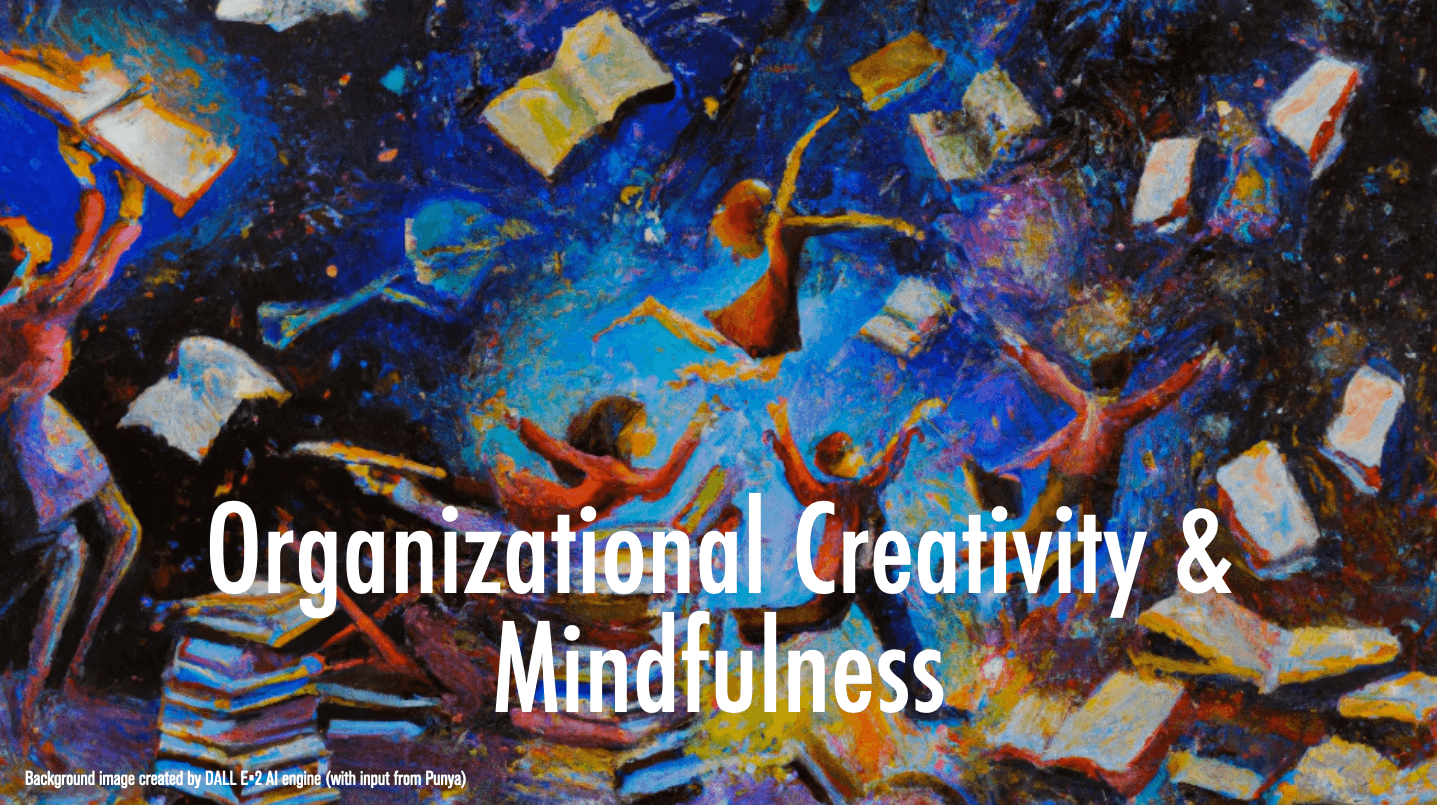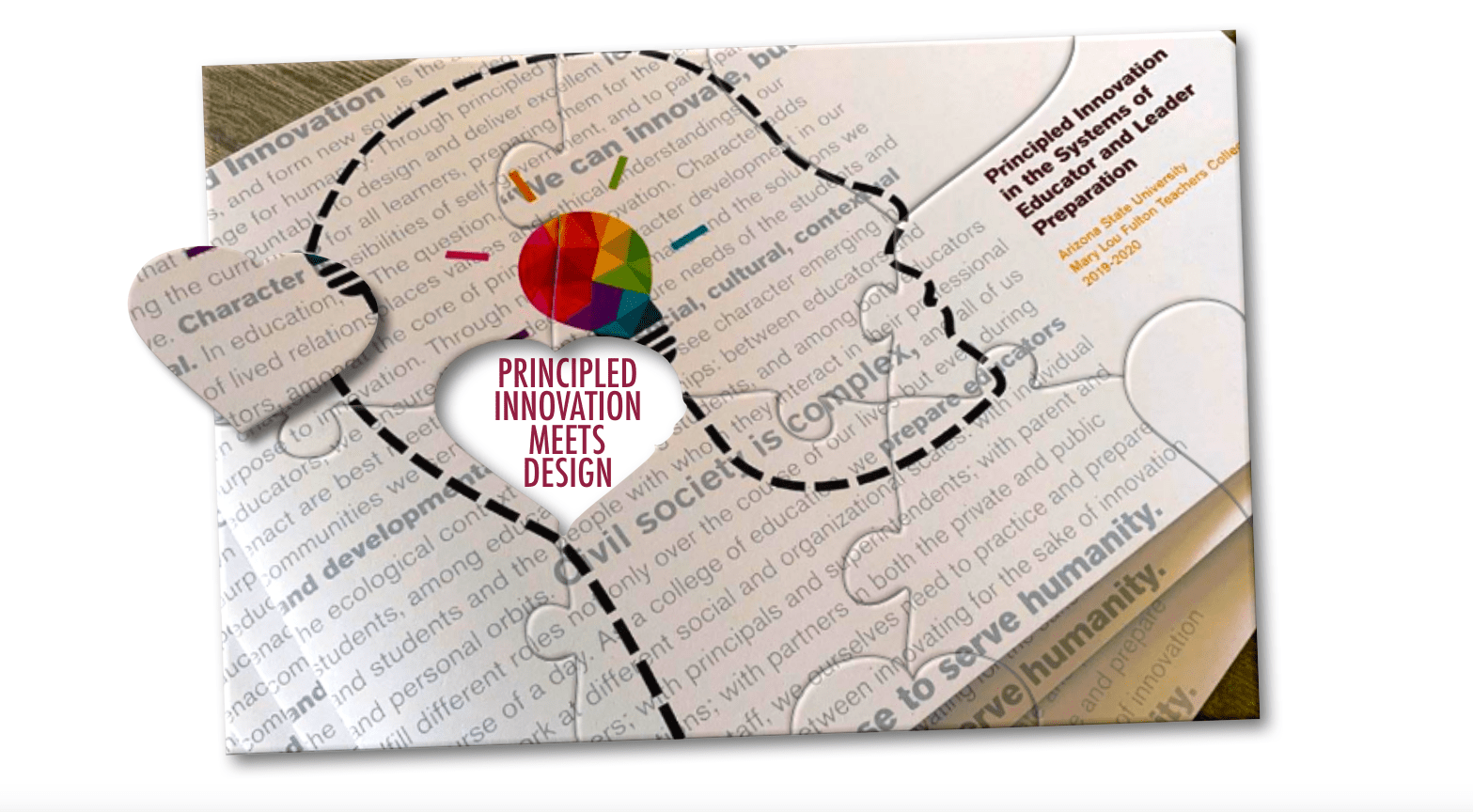Recently our on-going series on creativity, technology and learning for the journal TechTrends has focused on the relationship between mindfulness and creativity, particularly in educational contexts. Our first article set the stage for a deeper dive into this relationship, which was followed by conversations with Dr. Viviana Capurso, Dr. Jonathan Schooler, and Erik Dane. Our last article in this mini-series is a conversation with Dr. Ravi Kudesia, Assistant Professor of Management at the Fox School of Business, Temple University.

Dr. Kudesia studies how collective cognitive processes can emerge from group human behaviors. The transformation of individualistic cognition into the collective also has implications for organizational creativity and mindfulness. He argues that organizations, similar to people, are selective about what information to attend to, how to interpret that information, and which interpretations to put their energy into. In this way, he says, “Organizing sustains itself over time on the quality of its cognition,” which leads to the question that drives his scholarship, “…what then sustains the quality of cognition?” His work applies theoretical and practical metacognitive approaches (including conceptualizations of mindfulness) to help organizations monitor and adjust their cognition. Complete article and reference below:
Mehta, R., Henriksen, D., Mishra, P., & Gruber, N. (2022). Exploring organizational creativity and mindfulness with Ravi S. Kudesia, TechTrends. https://doi.org/10.1007/s11528-022-00787-w
Note: The background illustration for the title image at the top of this post was created by Dall E•2, the AI image generation engine, based on text prompts supplied by me (Punya)



0 Comments